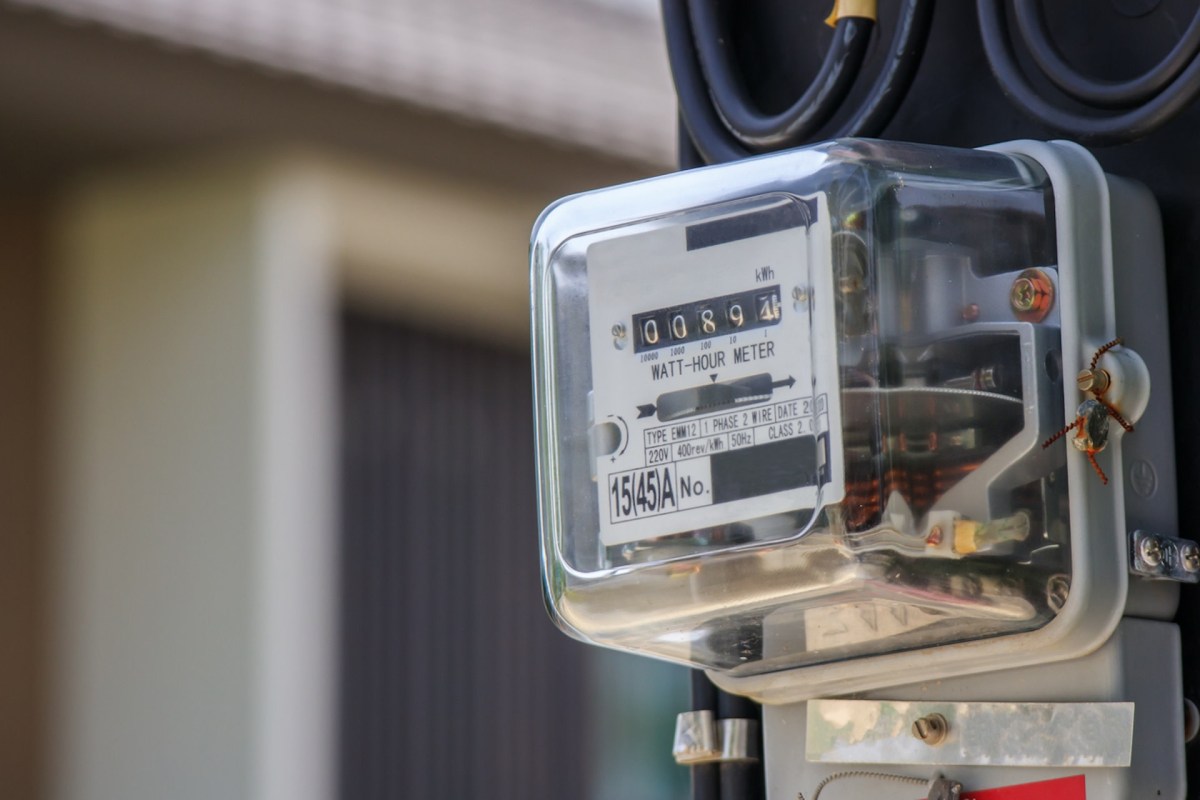In a Reddit post on the r/vancouverhousing subreddit page, a user explained how they may have been paying for the power to their landlord's trailer.
The Reddit post explained that the user's power bills are split based on occupied floor space, with the user having 70% of the space and the landlord having 30%. The landlord's trailer is plugged into the user's house electricity and is used as a year-round leisure space, constantly using the air conditioner.
"Does this not constitute floor space or possibly false billing?" asks the OP.
In Vancouver, tenants should not be paying utility bills if the utilities are included in the rent. If not, they should ensure that the individual tenant utility bills are measured and accurate, according to the People's Law School page about tenancy rights in Canada.
Commenters on the Reddit post also recommended looking through the Residential Tenancy Act of British Columbia to determine if the landlord is, in fact, violating their power.
Whether or not the Reddit user is unfairly paying for their landlord's utilities, the lack of transparency and overall inability to make sustainable changes to one's home due to to restrictions from landlords and HOAs is not uncommon.
Examples include tenants not being allowed to hang laundry on lines when just trying to reduce energy usage from their dryers or being told that they must water their lawns multiple times a day to keep them green despite wanting to reduce water usage.
Fighting back against landlord and HOA restrictions that are detrimental to the environment can be intimidating. Luckily, The Cool Down has a guide outlining steps you can take to prepare your case and find the most success, including researching tenancy laws and local bylaws. The guide even has letter templates for reaching out about conflicts.
Commenters on the Reddit post had a lot of helpful information for the OP.
"Yeah that trailer is costing you a fortune with its AC and heating. Discuss with them what you think is fair, preferably by email so you have a record of the conversation…if they are not reasonable, take it to the [Residential Tenancy Board]," suggested one user.
"If you don't have your own meter, the landlord cannot charge you and it should be included in the rent," stated another user.
Join our free newsletter for easy tips to save more, waste less, and help yourself while helping the planet.









